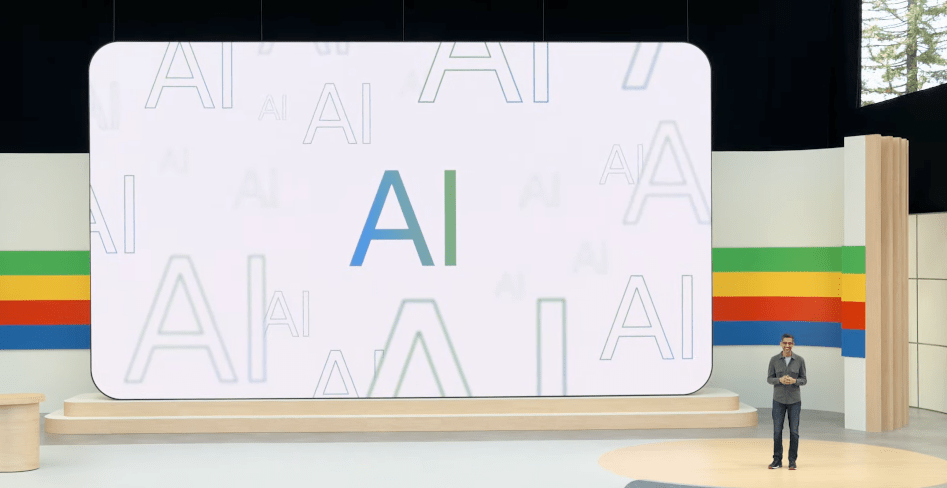Google Expands AI Overviews to Six More Countries

Google is taking its AI overviews global. Starting with the U.S., they’re now reaching India, Brazil, Japan, the U.K., Indonesia, and Mexico.
This move will provide localized language support and reshaped source material links, enhancing user experience. By doing so, Google aims to drive more traffic to diverse websites and offer higher quality search results.
Enhanced Display Features
Google is introducing new ways to display source material links. The upper right-hand side will now feature site icons above the AI overview on both desktop and mobile. This allows users to easily tap on those icons to access the cited links.
Additionally, Google is testing a method to display relevant links within the AI overview text. Their goal is to drive more traffic to external sites, ensuring users spend more time on the pages they visit.
Impact of AI Overviews
AI-powered tools have faced criticism for not clearly displaying source links. News outlets have raised concerns, accusing AI tools like Perplexity AI of plagiarism and unethical web scraping. Google, however, argues that their AI overviews encourage users to visit a greater variety of websites.
Google has not yet released data on the traffic driven by its AI-powered search results. Perplexity’s Chief Business Officer reported that a ‘double-digit percentage’ of visitors click on external links from their search results.
India-Focused Features
Google is rolling out India-specific features with their AI overviews. Users in India can now toggle between Hindi and English search results without leaving the page. This new feature aims to cater to the diverse linguistic preferences of Indian users.
Moreover, users in India can hear responses by tapping the “Listen” button. Google noted that Indian users tend to listen to AI-generated responses more frequently than users in other countries. Some early tests, however, revealed inconsistencies when switching between Hindi and English queries.
Driving Better Quality Traffic
According to Google’s blog post, AI overviews lead users to a wider variety of websites, especially for more complex questions. This result is beneficial for websites, as the clicks from AI-overview search result pages are higher quality, meaning users spend more time on the sites they visit.
Google’s approach seeks to balance the need for quick information while ensuring proper credit to original content sources. By improving the presentation of source links, users can easily access and explore the original material.
Global Rollout
Google’s expansion of AI overviews to six new countries marks a significant step in their global strategy. This introduction includes local language support, further enhancing the relevance and accessibility of search results for users in these markets.
The company continues to refine and improve the user experience, aiming to provide more accurate and contextually appropriate information. Google’s commitment to innovation in search technology is evident in these localized features and enhancements.
Summary with Ethical Considerations
Despite the advancements, ethical considerations remain crucial. AI tools must ensure transparency and give proper credit to original content sources. By addressing these issues, Google aims to foster a more ethical and user-friendly search experience.
The balance between providing quick answers and promoting thorough exploration of original sources is critical. Google’s updates aim to address these challenges, promoting a diverse and informative online ecosystem.
User Engagement and Feedback
Google will rely on user engagement and feedback to refine these new features. The company acknowledges the importance of user input in shaping the future of AI-powered search tools.
By listening to users and adapting to their needs, Google can continue to innovate and improve the quality of its search results, ensuring a more useful and satisfying experience for all.
Google’s expansion of AI overviews to additional countries is a strategic move to enhance search result quality and user experience.
By focusing on local language support and improving the display of source links, Google aims to foster a more diverse and informative online environment.





